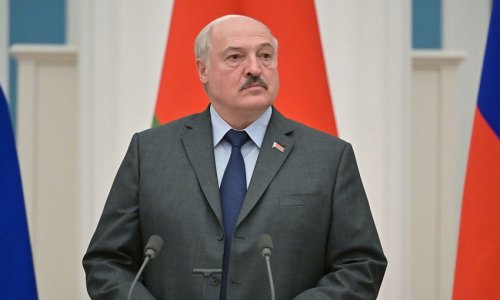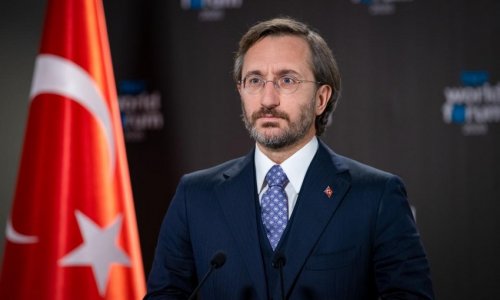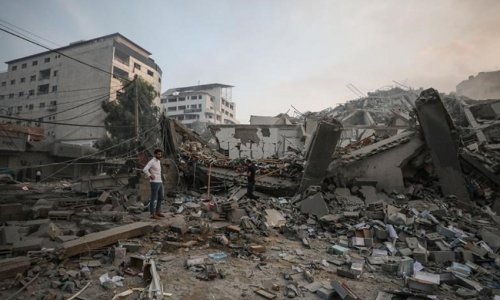"First, do no harm" is the oldest oath in medicine. It solemnly confers the doctor's duty to prevent rather than cause distress. When it comes to treating children, doctors are especially mindful of this obligation.Certainly, no doctor wants a child to die. But there are horrors that exist whether we choose to address them or not. The insufferable, untreatable distress of a terminally ill child is one such horror.Paediatricians in Belgium are among vocal opponents of the new law, warning of a slippery slope where very sick children could be pressured into choosing death. But at least the Belgian parliament has confronted it. Its action gives people who find themselves in exceptionally difficult circumstances the opportunity to make their own choices about the time and nature of their death.Belgium's law is very specific and has rigorous checks to avoid misinterpretations. The child must be in a "medically futile condition", and in constant and unbearable suffering that cannot be alleviated. They must understand the meaning of euthanasia and will be assessed by a psychiatrist to ensure "discernment" in their decision making. Finally, the child's parents and doctors must agree to the request.If there is any doubt that the decision to die is not the child's own, doctors will always err on the side of life. This immediately excludes an unconscious person, or a child who does not have the maturity to make a decision.The fundamental question is whether a child can ever have the capacity to make this monumental judgment: to decide if it is better to live or to die.English law acknowledges that for the very young, what is right and what is wrong is still unclear; the age of criminal responsibility is set at 10 years old for this reason. Asking small children to make such an extraordinary decision could place an inappropriate burden of responsibility upon them.This is itself cruel. Asking parents whether they think their child should die could be considered equally callous. But the new law at least allows a discussion to take place, without fear of legal repercussions. It gives parents and children a chance to know all the options available.It all comes back to harm. Do we take away all hope when we tell a child they can die if they want to, albeit peacefully? Or will it cause more harm to give people a choice, even when that choice is very difficult to make? For the terminally ill child, their parents and their doctors, this dilemma is a daily reality.There is growing consensus in Europe on the need to legislate for assisted dying. In the Netherlands, euthanasia for children over 12 was legalised in 2002. This puts the UK's reluctance to allow the possibility of a more dignified death in all circumstances into context. We need to engage with these difficult questions, because we will always have patients who are in desperate need of help.As a doctor, I am thankful that progress is being made to address the anguish of people, children included, who find themselves in utterly intolerable situations. We are rightfully uncomfortable when arguing about the suffering and death of children. But we become more compassionate by talking about such dilemmas, not by ignoring them.(theguardian.com)ANN.Az
Euthanasia for children is hard to contemplate
World
15:00 | 18.02.2014

Euthanasia for children is hard to contemplate
Belgium has passed a law that lets terminally ill children die at a time of their choosing. This extends its already liberal approach, making it the first country in the world to allow euthanasia without age restriction.
Follow us !










